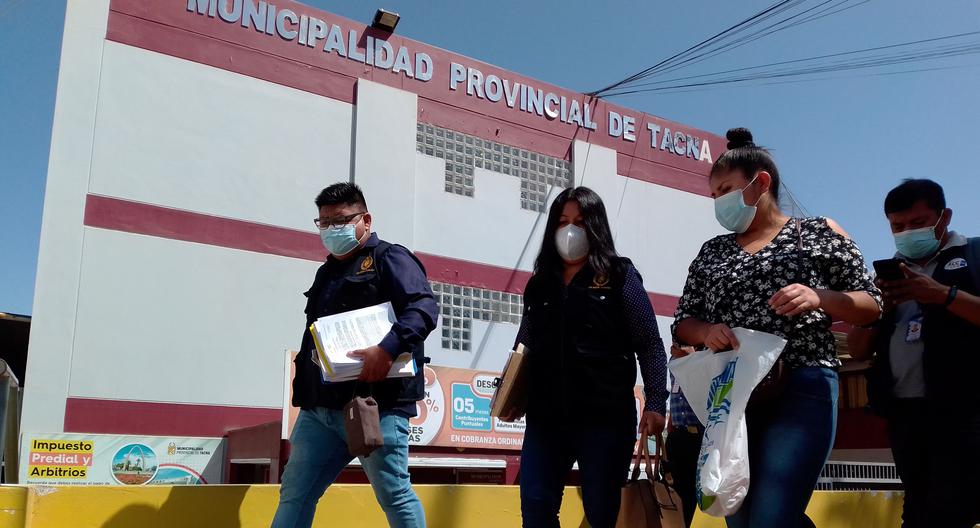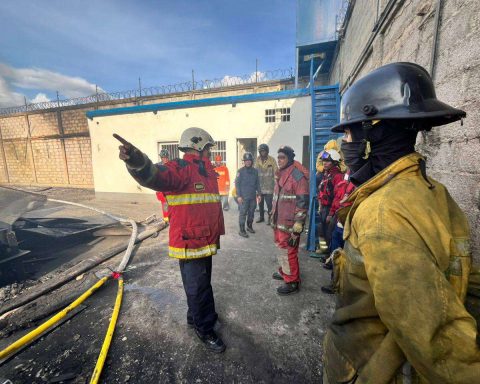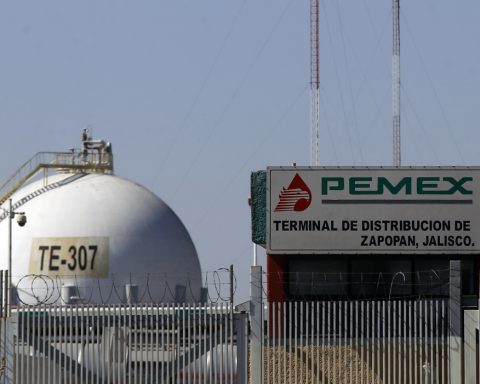The ancestors of mammals became warm-blooded some 20 million years later than previously thought, according to a study by researchers that solves “one of the biggest mysteries in paleontology.”
Source: AFP
Warm blood or endothermy is one of the essential characteristics of mammals, but until now it had not been possible to determine when exactly the change occurred.
Previous studies calculated that it took place about 252 million years ago, at the time of the Permian-Triassic mass extinction.
“The problem is that you can’t use thermometers with fossils, so you can’t calculate their body temperature,” explained Ricardo Araujo of the University of Lisbon, one of the authors of the new study published in the journal Nature.
The new method of the international team of researchers was to examine the semicircular canals of the inner ear of 56 extinct species of mammalian ancestors.
As it happens today, these tiny tubes, through which a fluid circulates, are essential to maintain balance.
The researchers found that when the temperature of a body rose, the same thing happened with the fluid in these channels.
Araujo gave the example of an oil used for frying.
Before heating it, the oil is “very viscous, very dense,” he explained to AFP.
“As soon as you heat it up, the oil becomes lighter, it flows much faster,” he added.
That lighter internal fluid caused the internal passageways to become progressively narrower, which can be seen in the fossils.
– “It was not a gradual process” –
That clue had been explored before, but the team managed to develop an analysis model not only for the ancestors, but for current mammals, including humans.
“It can measure your inner ear and tell you precisely how hot your blood is,” Romain David of London’s Natural History Museum told AFP.
That model now points to a period that started 233 million years ago, that is, in the late Triassic, as the beginning of this “heating” of the blood.
According to Araujo, the study indicates that the change was relatively rapid in geological terms, approximately one million years.
“It was not a slow, gradual process, as was believed until now,” he said.
David explained that the endotherm did not occur 252 million years ago, when the Great Extinction occurred, because at that time the average temperature of the planet was very hot, in the order of 31 degrees Celsius.
As the Earth cooled, the ancestors of mammals raised the temperature of their blood.
Endothermy “allows us to be more independent of the weather, to run faster and longer, to explore different habitats, the polar regions, or at night, and to carry out great migrations,” he added.
“There were a lot of innovations at that time that started to define what a mammal is – and eventually what a human being was going to be,” he said.


















